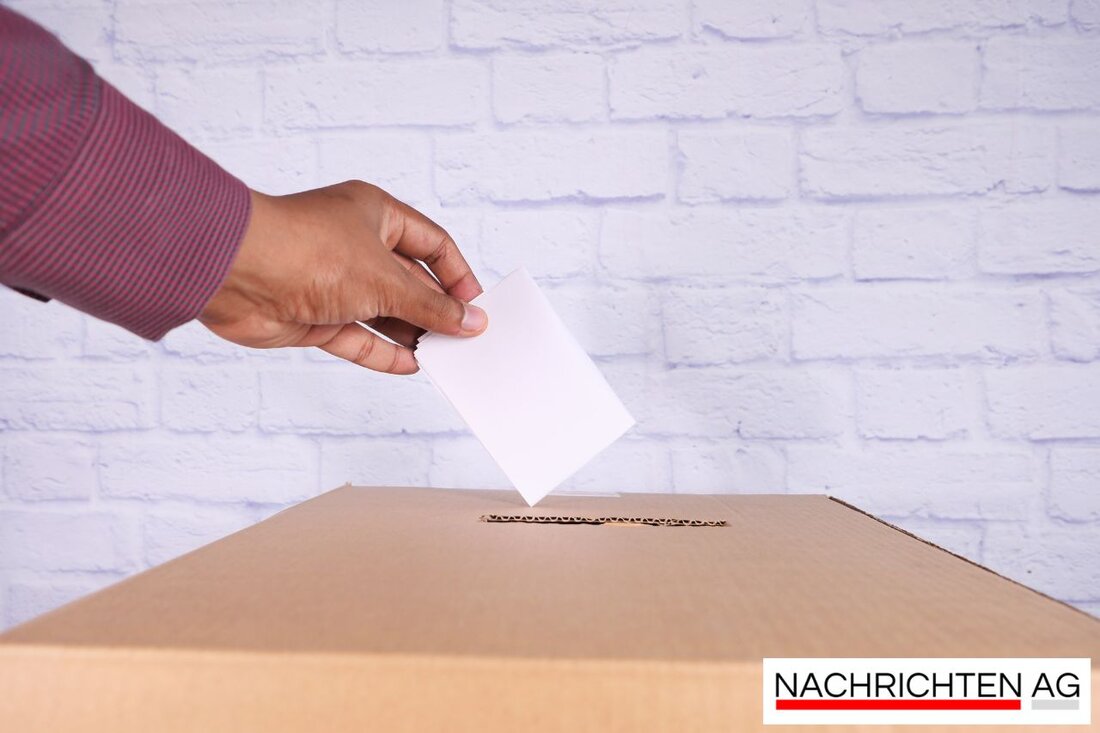Hellmann presents e-mobility concept: Bremen is progressing climate-friendly!
Federal Minister visited Hellmann in Bremen to present e-mobility concept for heavy goods traffic. Goal: CO₂-neutral logistics.

Hellmann presents e-mobility concept: Bremen is progressing climate-friendly!
The progress in the area of sustainable logistics is noticeably absorbed in Bremen. On July 4, 2025, Federal Minister Dr. Hendrik Haßheider and Bremen's Senator for Economic Affairs Kristina Vogt Die Hellmann Worldwide Logistics in the freight transport center (GVZ). The aim of the intensive exchange was to shed light on the current state of the sustainable transformation in heavy goods traffic and to present the ambitious projects from Hellmann. Economy Regional reports that the presentation contains a well-thought-out e-mobility concept that supports itself: own solar power generation, a powerful Charging infrastructure and the introduction of fully electric 40-tonner vehicles.
An exciting look into the future: From next year Hellmann will use two electrically operated 40-tonners in commuting between Osnabrück and Bremen. These vehicles manage to cover up to 700 kilometers in two -shift operation every day. The power supply takes place via a company's own charging infrastructure with 300 kW and a buffer memory, which increases the efficiency and convenience in operation. This project is funded with a proud 1.9 million euros, as part of the KSNI directive of the Federal Ministry of Transport and co-financed by the EU program Next Generationeu.
support from politics
Federal Minister Patrick Schnieder underlined the importance of infrastructure, promotion and willingness to innovate for switching to climate -friendly drives. Senator Vogt also emphasized that the charging infrastructure and the use of e-trucks at Hellmann are a concrete example of the traffic transition. Stefan Borggreve, COO von Hellmann, specified the goal of gradually designing the entire vehicle fleet.
But what is opposed to the whole? A survey by Dr. Philipp Rose from PWC Strategy shows that the electrification of the commercial vehicle sector has a lot of interest, but requires clear regulatory impulses and technological progress. The PWC Truck study, which is updated every two years, has identified five central points that are crucial for a low-emission. These points aim to make both the economy and the operating costs of electrical trucks comparable to those of their diesel -powered counterparts.
request and solutions
A central challenge remains the adaptation of logistical processes to the new technologies. A market penetration is made more difficult by high acquisition costs. Investments in research and development are highlighted here as the key to success. Dr. Rose also advocates closer cooperation between industry and politics to overcome obstacles to the introduction of electrical commercial vehicles.
The demand for a traffic turnaround is also underpinned by rising freight transport in Germany. According to the Federal Environment Agency, it causes around a third of greenhouse gas emissions in the traffic sector. Without countermeasures, the traffic service of freight transport could increase by 46 % by 2051 compared to 2019. Dirk Messner, President of the Federal Environment Agency, therefore urgently demands a turnaround in traffic to reach the climate goals.
A brochure of the Federal Environment Agency entitled "Heavy Loads. Big task. One goal. - Environmentally friendly freight transport: International, National, Local," explains far -reaching measures to promote electrification and shift in freight traffic. Over 70 measures were developed, including economic incentives to reduce CO2 emissions and a combination of different means of transport. This vision is to be supported by digital solutions and sustainable goods offers.
Overall, the development in Bremen shows that the path to an emission -free freight transport is closely linked to innovative concepts, a robust infrastructure and political will. Environmental Federal Agency bring important aspects of these transformation processes to light and illustrate the challenges that must currently be mastered. With the right strategy at hand, however, there is hope for a positive turn in heavy goods traffic.

 Suche
Suche
 Mein Konto
Mein Konto